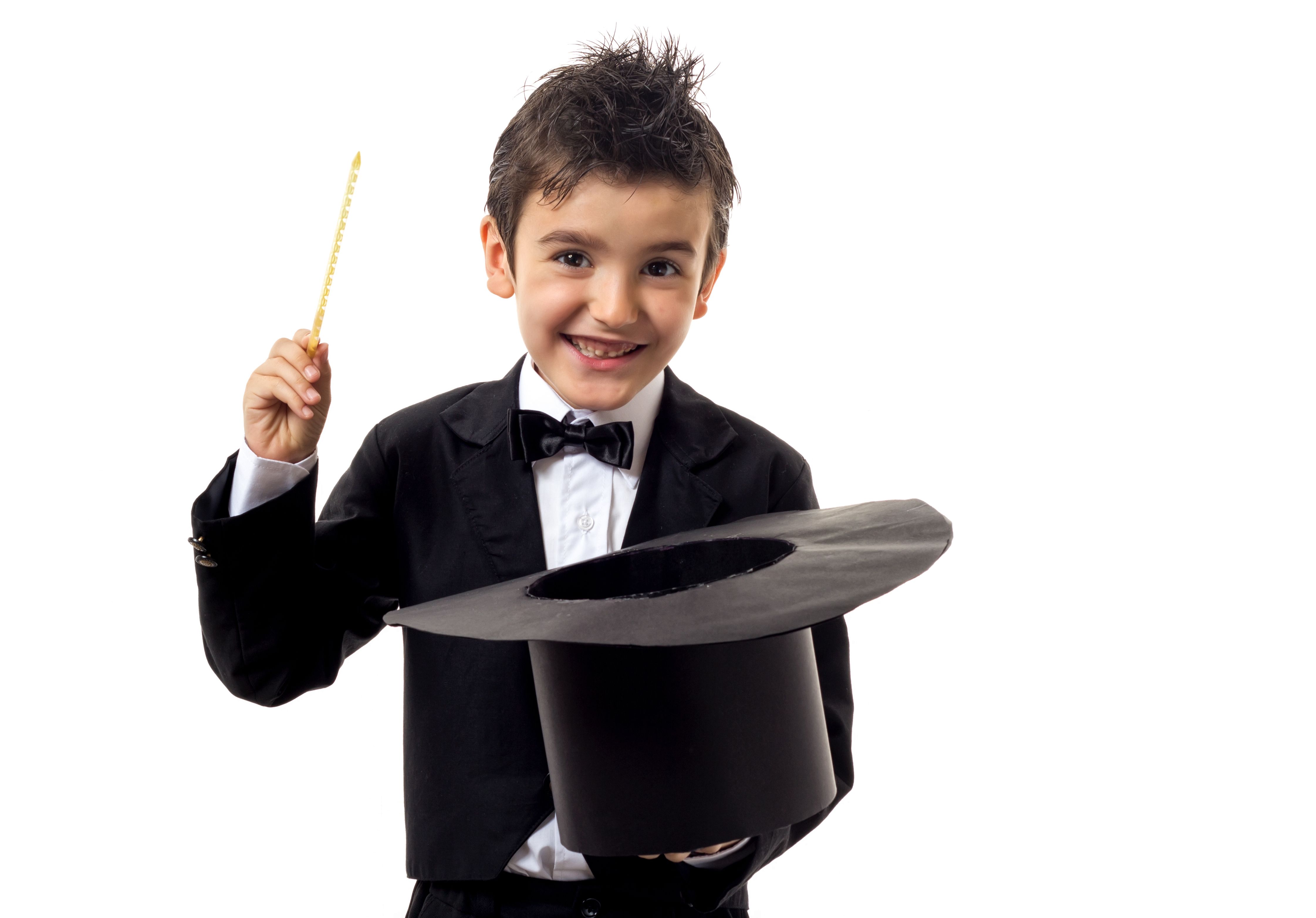Magic Workshops: Preparing Kids for a VUCA World
Understanding the VUCA World
In today's rapidly changing environment, the acronym VUCA—standing for Volatility, Uncertainty, Complexity, and Ambiguity—has become a defining characteristic of the world we live in. The pace of technological advancements and global interconnectedness means that children must be equipped with unique skills to navigate these challenges. Traditional education methods may not suffice, making it essential to explore alternative ways to prepare kids for the future.
Magic workshops offer an innovative approach to developing critical skills in children. By engaging in the art of magic, kids can learn to think creatively and adaptively, skills that are crucial in a VUCA world. These workshops provide an engaging platform that goes beyond conventional learning techniques.

Developing Critical Thinking and Problem-Solving Skills
Magic workshops are designed to stimulate a child's imagination and encourage out-of-the-box thinking. As children learn various magic tricks, they are challenged to understand and manipulate different variables, which enhances their problem-solving abilities. This hands-on learning approach helps kids develop a deeper understanding of how to approach complex situations creatively.
The process of mastering a magic trick often involves trial and error, teaching children resilience and perseverance. These skills are invaluable in a world where they must continuously adapt to new situations and solve unforeseen problems.
Boosting Confidence and Communication Skills
Performing magic tricks requires a certain level of confidence and the ability to communicate effectively with an audience. Through magic workshops, children can practice public speaking and presentation skills in a fun and supportive environment. This helps them become more self-assured and articulate, qualities that are essential in both personal and professional settings.

Moreover, magic encourages interaction and collaboration with peers. Kids learn to work together to refine their skills, which fosters teamwork and enhances their social abilities. This collaborative spirit is critical in a world where global teamwork is often necessary to achieve success.
Encouraging Adaptability and Flexibility
In a VUCA world, being adaptable is key. Magic workshops teach children how to be flexible thinkers by encouraging them to view problems from multiple angles. As they encounter unexpected challenges during their performances, they learn to adapt their strategies on the fly, honing their ability to manage change effectively.
This adaptability is further reinforced by the dynamic nature of magic itself. Each trick can be performed in various ways, and children learn to modify their approach based on the reactions of their audience or any setbacks they encounter.

Nurturing Curiosity and Lifelong Learning
Magic has an innate ability to spark curiosity in children. The wonder and mystery behind each trick inspire kids to explore further and learn more. This natural curiosity is a cornerstone of lifelong learning, encouraging children to continuously seek out new knowledge and experiences.
By participating in magic workshops, children develop a love for learning that extends beyond the classroom. They are motivated to explore new ideas and concepts, which is crucial for success in an ever-evolving world.
The Lasting Impact of Magic Workshops
Magic workshops offer much more than just entertainment. They equip children with the skills necessary to thrive in a VUCA world. From critical thinking and problem-solving to confidence and adaptability, magic provides a holistic approach to preparing the next generation for the challenges they will face.
As parents and educators seek innovative ways to prepare kids for the future, magic workshops stand out as a valuable tool in fostering essential life skills. By engaging in this unique form of learning, children are better prepared not only to face uncertainty but to embrace it as an opportunity for growth